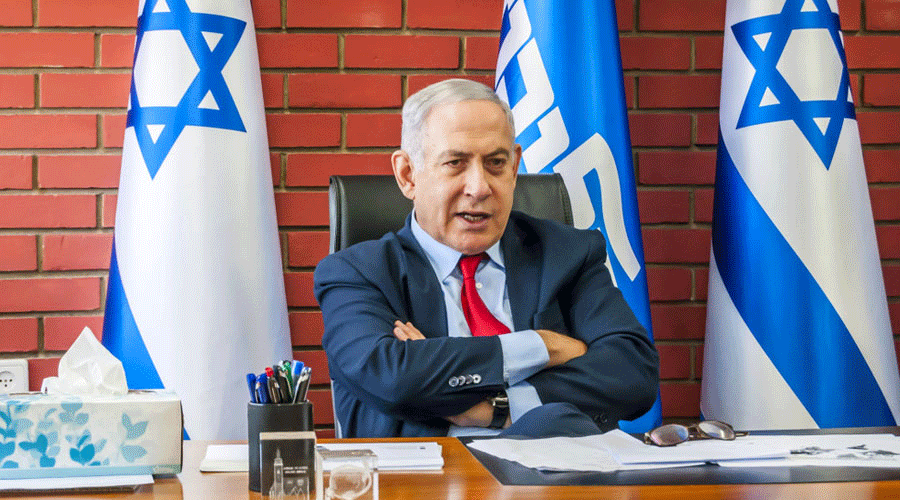Israel’s longest-serving prime minister, Benjamin Netanyahu, appears poised to return to power after his Likud party and its allies claimed a majority in the country’s parliament, the Knesset, last week. Yet Mr Netanyahu’s political comeback, 15 months after he had to leave office following Israel’s last election, could portend more political uncertainty than stability in the country and the broader Middle East. The government he will lead will be the most religiously conservative and openly anti-Palestinian in Israel’s 74 years of existence as a modern entity. It will likely include Itamar Ben-Gvir, a poster child of the Israeli far-Right, who has called for the expulsion of Arabs viewed as not loyal enough to Israel and has celebrated a terrorist who killed Muslim worshippers in 1994. In fact, Mr Netanyahu’s government will depend on the support of Mr Ben-Gvir and other similar extreme Right politicians for its survival. Israel’s new government will therefore be under pressure to adopt even more radical policies towards Palestinians, whether it is through their political and economic marginalisation or further illegal occupation of their territories. At a time when Mr Netanyahu faces charges of corruption and being in office is his only guarantee against prosecution, it will not be easy even for a master tactician like him to resist those calls from allies.
Yet, such moves could endanger the diplomatic gains Israel has made in recent years, especially under Mr Netanyahu, when the United Arab Emirates, Bahrain, Sudan and Morocco all recognised Israel in 2020. More recently, Lebanon effectively recognised Israel through a maritime deal. Relations with Saudi Arabia are also better than they have ever been, even though Riyadh is yet to formally recognise Israel. A sharp escalation in provocations against Palestinians would make it difficult for Arab nations to justify this rapprochement to their own people: the Palestinian cause continues to enjoy deep support on the Arab street. Mr Netanyahu is also likely to revive his public efforts to scuttle any possible nuclear deal between Washington and Tehran. That could lead to tensions with the United States of America and, of course, with Iran. For India, the change in Israel’s leadership will only build on the growing warmth between their governments: Mr Netanyahu counts Prime Minister Narendra Modi as a personal friend. But India must stay careful. If Mr Netanyahu plays with fire, India must make sure it does not get burned.











